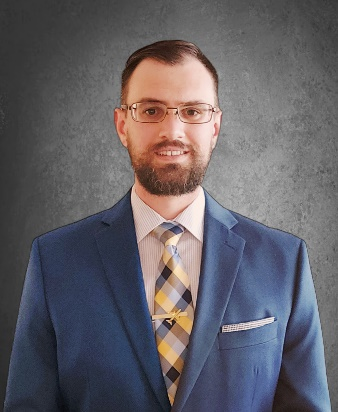Nick Tepylo Appointed Assistant Professor of Mechanical and Aerospace Engineering at Clarkson University
Nick Tepylo has been appointed Assistant Professor of Mechanical and Aerospace Engineering at the Wallace H. Coulter School of Engineering at Clarkson University.

Tepylo received his Bachelor of Engineering and Master of Science degrees in Aerospace Engineering from Carleton University. He also earned a dual Ph.D. in Aerospace Engineering from Carleton University and l’Institut National des Sciences Appliquées de Toulouse (INSA-Toulouse) in France. During his Ph.D., he developed hybrid ice protection strategies combining wear-resistant coatings with electro-thermal and electro-mechanical systems to reduce the energy required to shed ice from helicopter blades.
He was a postdoctoral fellow in the Mechanical Engineering Department at École de technologie supérieure in Montreal. He is presently working on developing support systems for drones including drone docking stations and understanding the cognitive workload of drone pilots. Tepylo previously completed a two-year postdoctoral fellowship at Carleton University where he led a national study on the public perception of drones and advanced air mobility in Canada. He also collaborated with researchers from law, cognitive science, industrial design, and public policy backgrounds to take a holistic approach to creating a roadmap for adopting autonomous air and ground vehicles.
He serves as the Research Council Vice-Chair for the Advanced Air Mobility Institute and leads projects centered around assessing and building public trust in advanced air mobility. Throughout his career, Tepylo has been dedicated to aviation, earning both his glider and private pilot’s licenses and he is active in teaching aviation-themed courses. He also has significant field experience with drones, deploying them for search and rescue applications, forest fire detection, and wildlife monitoring surveys. Tepylo aims to focus his research program on using drones as a tool to help society and address the future challenges the aviation industry will face.
